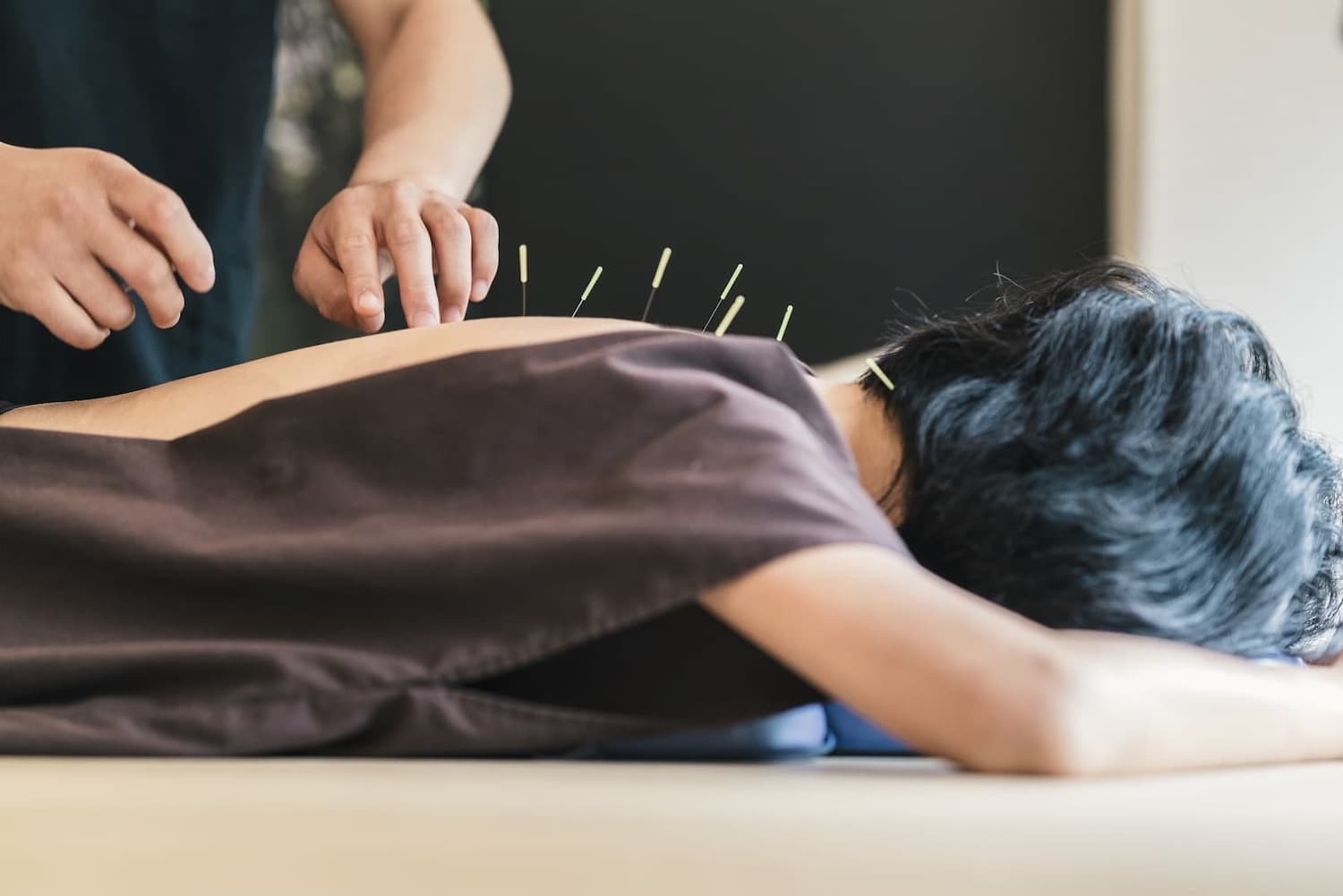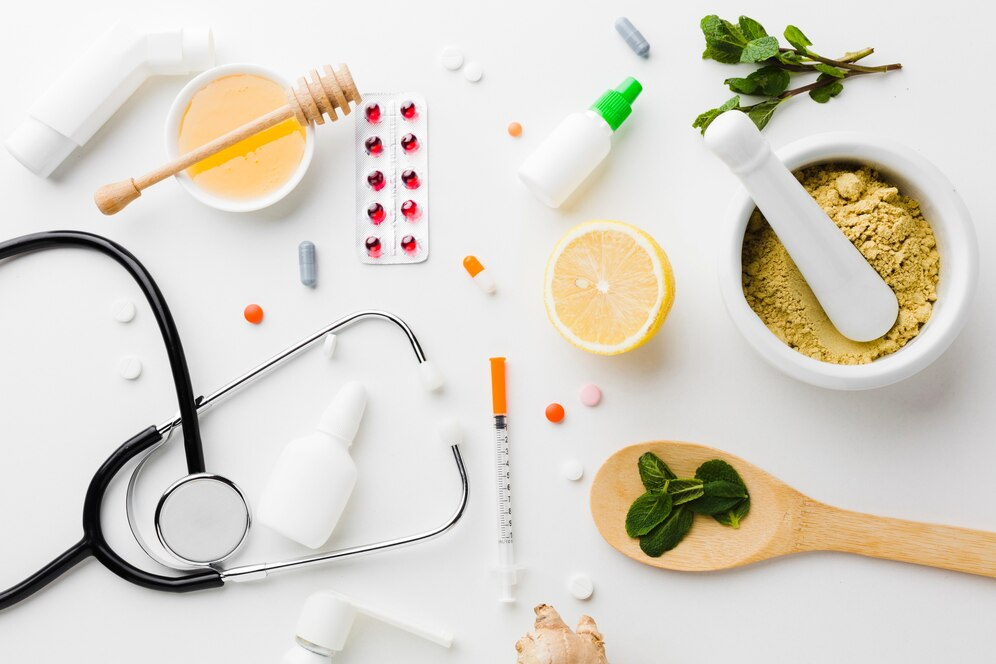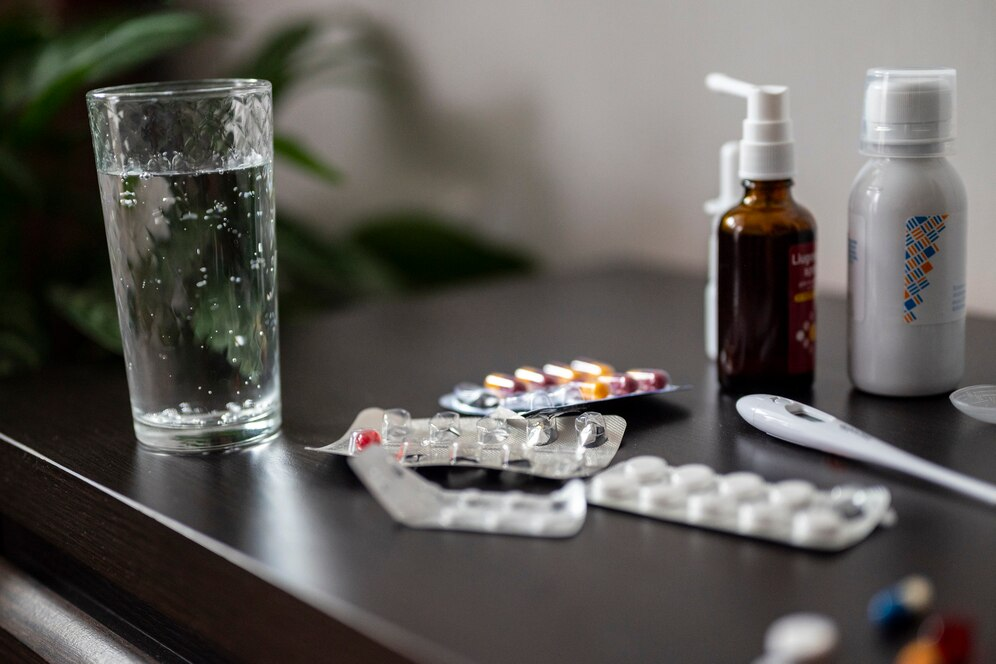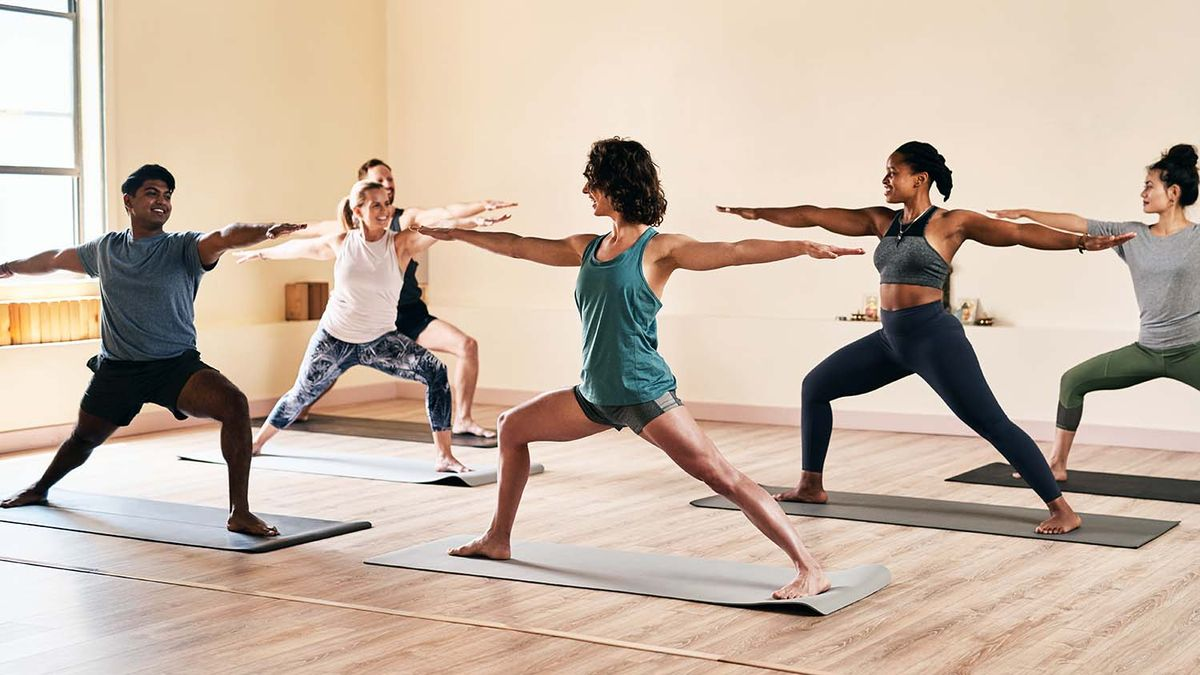Discover Your Perfect Healer Today!
Our online practitioner directory connects you with a wide range of healers to suit your unique needs.
Easily search and find the right professional to support your wellness journey.
Start exploring today to find your perfect match.
Modality
Disease
Books
Products
Events
Training
Blogs
Acupuncture
Navigating Discomfort: Understanding Pain and Care After Acupuncture
Acupuncture is an ancient traditional Chinese medical practice that entails sticking thin needles into specific body points in order to balance the flow of energy, ...
Read More → Written by
David Brown
Functional Medicine
Integrating Functional, Conventional, and Complementary Therapies
Combining functional medicine with traditional and alternative therapies offers a highly effective approach to health. This method blends conventional medicine with holistic care, addressing both ...
Read More → Written by
David Brown
Occupational Therapist
Occupational Therapy: Empowering Lives Through Meaningful Activities
Occupational therapy is about offering various treatments for clients to assist them improve the quality of their lives with the help of their environment and ...
Read More → Written by
James Williams
Integrative Medicine
Core Concepts and Techniques of Integrative Medicine Explained
Bring together the best of both conventional medicine and natural health remedies so as to achieve Healing that is wholesome. It’s a system that emphasizes ...
Read More → Written by
David Brown
Supporting Page
Comprehensive Guide: What to Expect During a Yoga Session
Yoga is about the wholeness approach: physical, mental, and spiritual. Certainly, to a large extent, knowing what one is doing in practice provides greater significance ...
Read More → Written by
Michael Johnson
Lyme Disease
Why Lyme Disease Is Often Misdiagnosed
Explore Our Online Practitioner Directory Now. Why Lyme Disease Is Often Misdiagnosed The amalgamation of Lyme disease misdiagnosis is quite intricate as it has a ...
Read More → Written by
Michael Johnson






